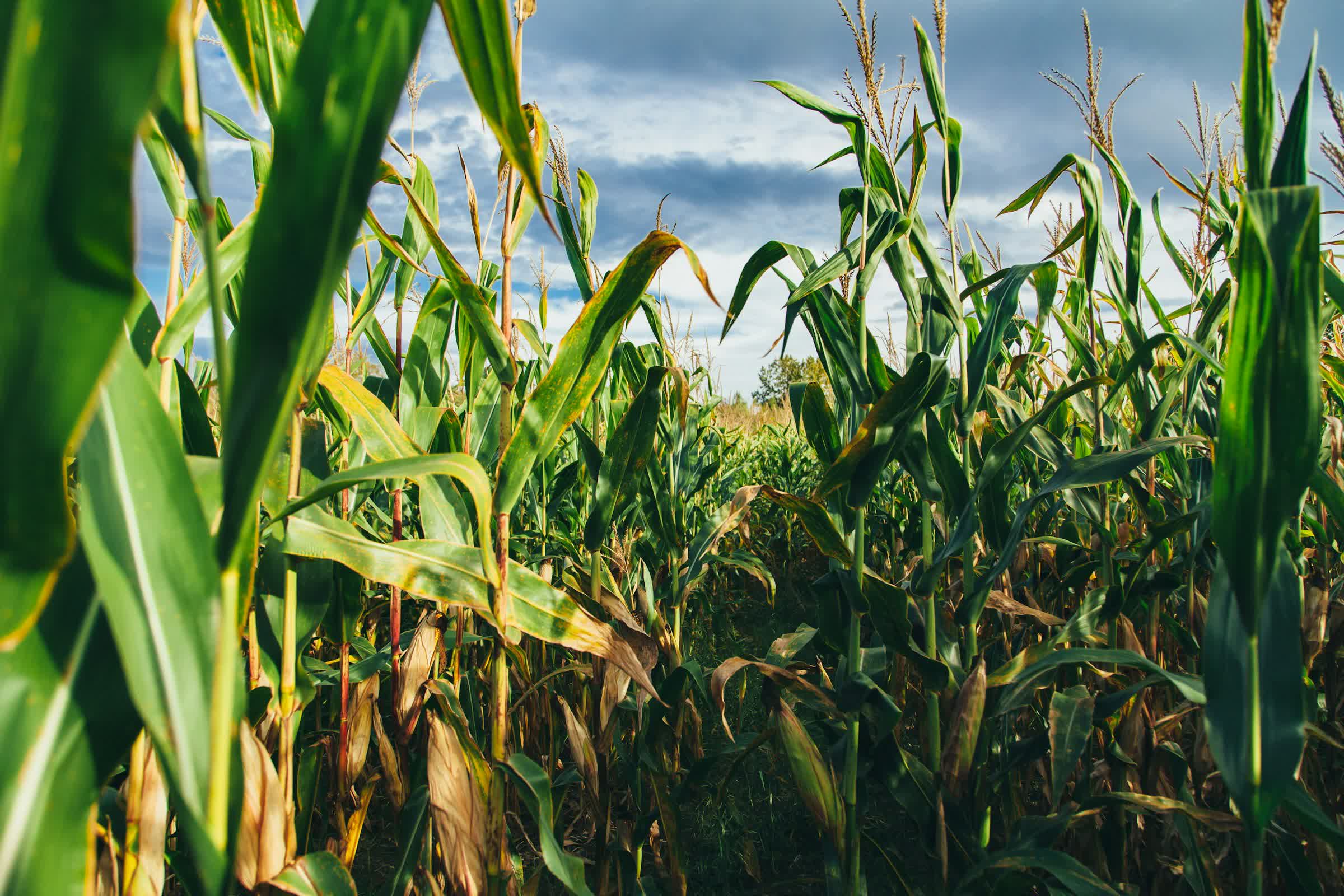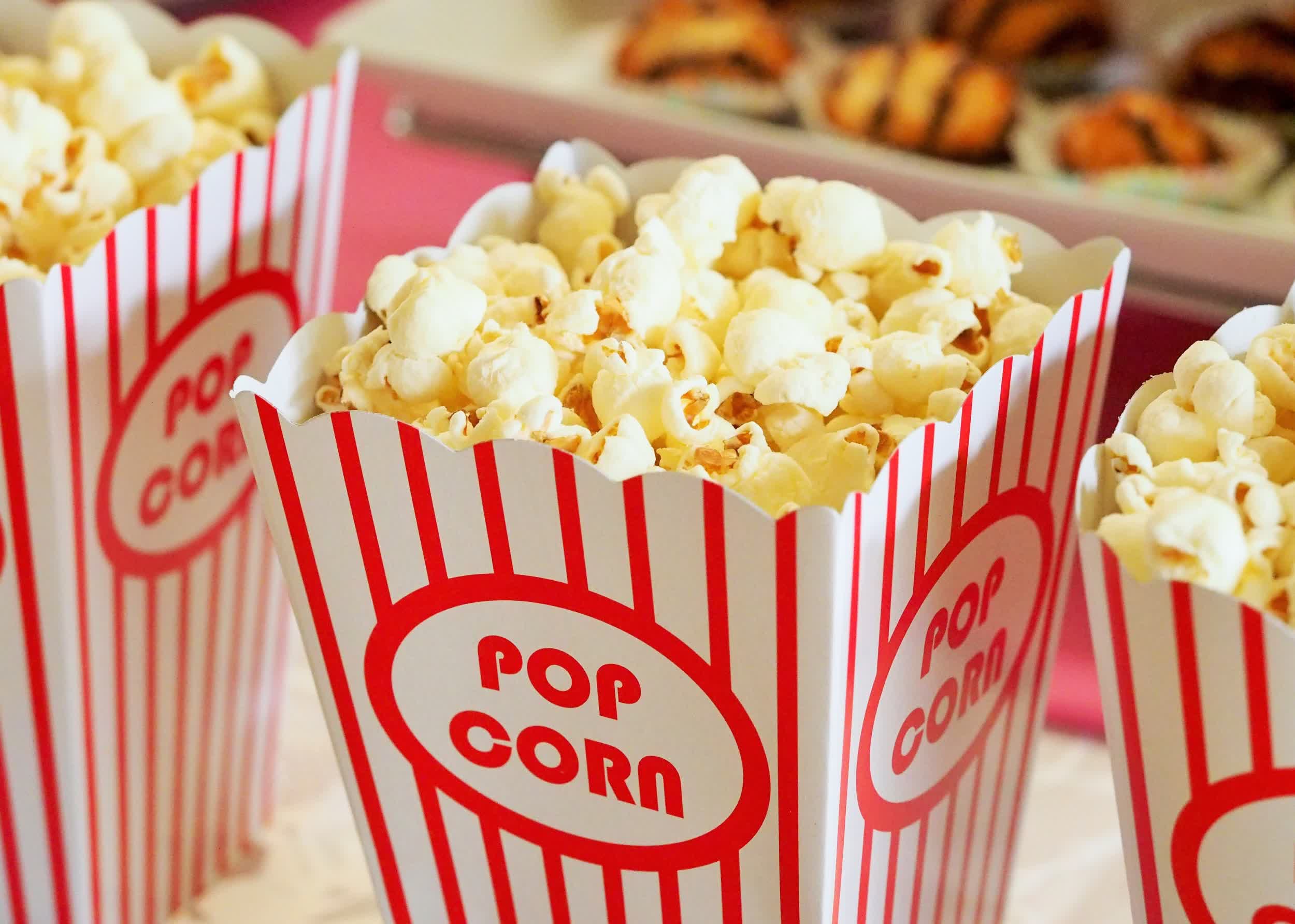Pop goes the corn: Popcorn is one of those simple yet delightful snacks that has become deeply ingrained in modern American culture, whether at movie theaters or sporting events. Figuring out how people discovered that corn could miraculously transform into that fluffy, crunchy treat is one of those curious food mysteries.
As Sean Rafferty, professor of Anthropology at the University at Albany, explains in a recent 'Curious Kids' article, the discovery was likely an accidental stroke of genius. He points out that corn (or maize as it's known) has some pretty hardy components like the outer kernel shell that allowed evidence of its consumption to be preserved over thousands of years. Along with tiny rock-like fragments called phytoliths, archaeologists have been able to piece together the origin story.
It all started down in Mexico around 9,000 years ago with a grass-like plant called teosinte. The ancestors of Native Americans gathered the starchy seeds of teosinte as a food source. Through basic agricultural practices like replanting the largest seeds, this wild grass gradually evolved into the corn we're familiar with today over centuries of cultivation.
However, popcorn as we know it came to be when one particular variety of maize was found to be extra "poppable" when heated, according to the report. Remnants of this type from as far back as 6,700 years ago have been found in places like Peru, both in the form of phytolith particles and charred popped kernels.

The world's first popcorn likely popped by chance when some maize kernels fell into a cooking fire. Suddenly there were these mysteriously puffed-up corn bits that seemed to keep longer than regular corn. And an ancient snack was born.
Of course, there was no butter or salt to be found back then. The early popcorn fans likely enjoyed their crispy puffed corn quite plain and at room temperature. Still, it provided an ingenious way to stretch out their corn supplies by driving out the kernels' moisture content through heat.
As Rafferty puts it, "What you may consider a tasty snack today probably started as a useful way of preserving and storing food."
However, what those pioneers likely didn't know was that popcorn isn't just an alternate way to store corn – the two can have wildly different nutritional values depending on preparation. Compared to regular corn, popcorn naturally has more fiber and fewer carbs when popped.
With the mystery of popcorn out of the way, I'd like to know who first stumbled upon the fermentation process to make alcoholic beverages, because that seems like an accidental discovery that must have had some pretty entertaining consequences.
Image credit: Jesse Gardner
